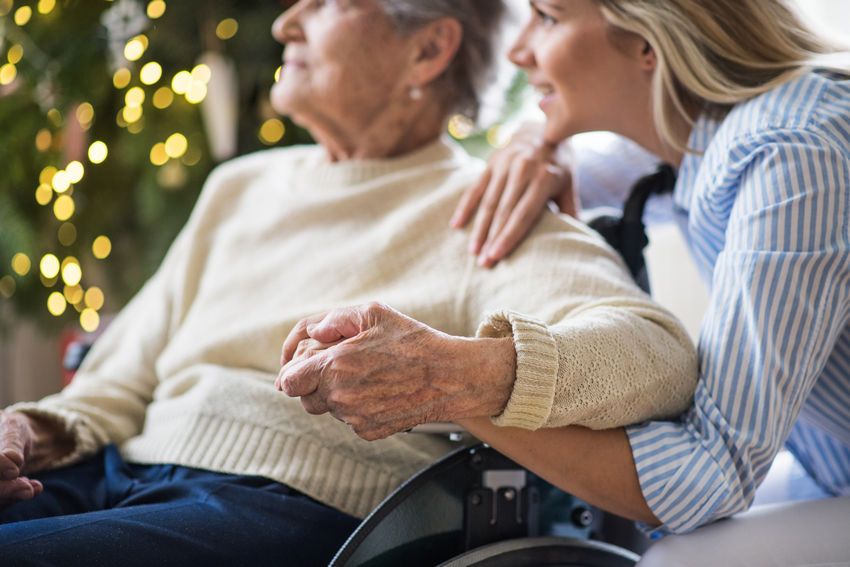Health spending and unexpected medical bills are the two most feared financial occurrences for Americans, but the odds are much higher for seniors. According to American Health Economy Illustrated, seniors aged between 65 and 74 account for eight times the health spending of those that are aged 18 to 24. Although Medicare is there to pick up the bill, in many cases people find that they’re not covered for everything they need, and even then Medicare often only covers 65% of the elderly’s medical expenses. What then, can be done in order to help avoid the arrival of unexpected medical bills? Try following these simple guidelines for 2019 to reduce the risk of having to cough up huge sums of cash for medical costs.
Know your plan
It may seem obvious, but it’s important to know what you’re covered for, and what you’re not! Check out your health coverage plan from front to back, know how much you’re expected to pay in the case of a health issue, and know whether you have protection against balance billing – something that can often be a financial slap in the face! Being aware of the potential financial outcomes of your medical plan will help you plan ahead and, if necessary, get coverage to fill in the gaps that Medicare doesn’t provide for! Even if you know your plan well, it’s also a good idea to know your network. This is the medical establishments where you’re covered for use under your health insurance policy. Whenever you receive some kind of healthcare service, always be sure to ask whether it’s in your network to avoid unexpectedly high bills for services you thought you had covered!
Homecare as a preventative option
It may sound like an unproductive option – surely homecare costs more, right? However, in the long-run, homecare can actually be a great way of keeping your medical costs down! Frequently seeing a trained medical professional means you’re under constant supervision, helping to catch any health issues early, and acting as a preventative measure for any unexpected health problems. Your home care health professional can give you advice on any extra medical coverage you should get that would suit your needs, saving you money in the long run and keeping you healthy.

Staying healthy
The most obvious preventative measure is to try and change your lifestyle to a healthier one if you have not already done so. Increased exercise, improved diet, and cutting down on smoking tobacco and drinking alcohol all have huge benefits to your health even in old age! Talk to your doctor or health care professional about going on a weight loss or healthy lifestyle plan – it may save you a heap of cash, but will also let you live out your senior years feeling spritely and healthy!
Understanding how best to manage your healthcare in your senior years can save you from being caught unawares with huge medical bills, leaving you to spend your hard-earned money on the finer things in life. Follow these simple steps in order to prevent a financial catastrophe as a result of your health care needs!



